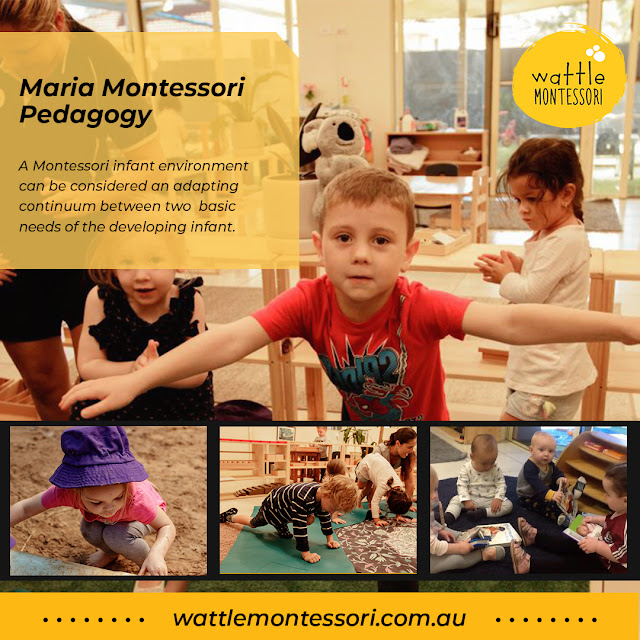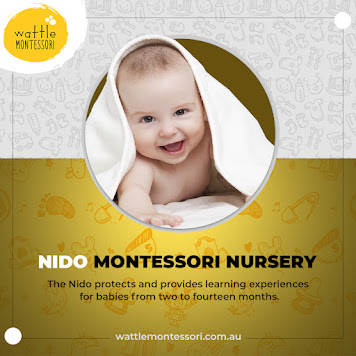Six Basic Principles of Montessori Pedagogy Theory
In early childhood and primary school education, the Montessori Pedagogy Theory is extremely popular. Italian educator and doctor Maria Montessori developed the technique in the early twentieth century after significant research with special needs children. It comprises several fundamental concepts.
Independence
The objective of Montessori pedagogy in the classrooms is to make the kid self-sufficient and capable of doing things on his own. This is accomplished by providing opportunities for youngsters. They have the freedom to walk, dress, pick what they want to do, and assist adults with duties. When youngsters can accomplish things for themselves, they gain self-confidence, self-esteem, and self-belief, which they may carry throughout their lives.
Observation
Watching, or observing the child, is a very simple task for parents. We may spend many hours simply watching youngsters enjoy themselves while exploring their surroundings. This was Maria Montessori's basic technique of learning about children and developing her views on child development. She observed without prejudice, which aided her in creating things that the youngsters required and were interested in. Adults can also learn about a child's needs by watching them.
Following The Child
Maria Montessori pedagogy states - Follow the kid; they will show you what they need to accomplish, what they need to learn, and where they need to be pushed. The goal of children who persist in working with an item is not to "learn"; instead, they are driven to it by the demands of their inner existence, which must be acknowledged and developed through its methods. Follow the youngsters in what they need to do based on what you've noticed from their activities. Give children the chance to climb safely if they want to, and don't be overprotective. Following the child also entails being non-directive; do not constantly tell them what to do. Allow your youngster to pick what he wants to do with his life.
Correcting The Child
Children make errors. They may inadvertently spill something, drop food, and so forth. In such instances, there is no need to raise your voice. This is an excellent time to invite the youngster to assist you with some helpful, practical tasks. Cleaning up is something that youngsters like doing because it is something that grownups do. There is no need to call out a child's error in front of them; there is a method to make them comprehend it.
Prepared Environment
Montessori pedagogy theory emphasises the importance of a well-prepared setting. Rooms are designed for children, with activities designed to be successful and allow for freedom of movement and choice. The child's environment must be safe so that they may freely explore. The atmosphere must be ready and appealing to the youngsters in order for them to want to work. Work, according to Montessori, is an activity that a kid engages in, or what many people refer to as play. It is the conduit via which a kid may learn from adults. Their job is their play, and they are still having fun with it. The adult's job then becomes to create the learning environment for them. The child's growth is thus influenced by the environment in which he or she is raised, including the parents.
Absorbent Mind
Montessori studied how children picked up a language without being taught. This gave birth to her concept of the "absorbent mind." Children under the age of three do not require lessons to learn; instead, they absorb everything in their surroundings by experiencing it and participating in it. It is also critical that the youngster is exposed to a healthy, pleasant, and positive environment, as this is what he will absorb whether he wishes to or not.
The Montessori pedagogy presents a comprehensive perspective of education as a life-enhancing tool. It is intended to assist children in their inner building as they go from childhood to adulthood. It succeeds because its ideas are based on a child's natural growth. Its adaptability creates a framework within which each child's innate directions can freely lead them towards healthy development. Wattle Montessori is based on the Montessori methodology and provides conventional Montessori Early Education programmes to children ranging in age from 6 weeks to 6 years.



Comments
Post a Comment